'Better Than Killing People': Russians Flee Into Mongolia
On a bright morning in Mongolia's capital Ulaanbaatar, a young Russian fleeing Moscow's first military call-up since World War II had a stark answer for why he had left: "I don't want to kill people."
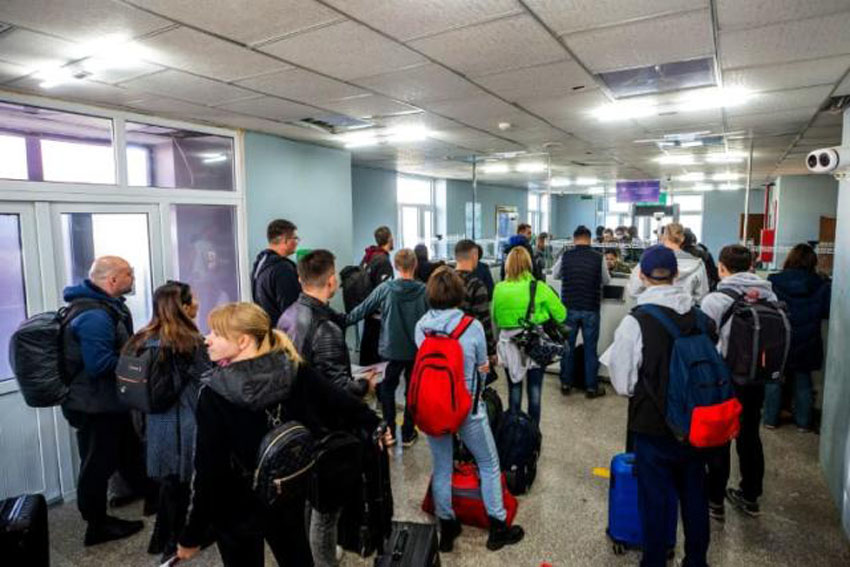
Photo: TYT
Ulaanbaatar (AFP): On a bright morning in Mongolia's capital Ulaanbaatar, a young Russian fleeing Moscow's first military call-up since World War II had a stark answer for why he had left: "I don't want to kill people."
He was among thousands of Russians who have streamed across the land border into Mongolia over the past week since President Vladimir Putin issued a mobilisation order for the war in Ukraine.
The announcement sent shock waves across the vast nation and triggered an international exodus, with tens of thousands leaving the country since the mobilisation.
Finland, Norway, Turkey and Georgia have, like Mongolia, reported an increase in Russian arrivals in recent days.
"It was very difficult to leave everything behind -- home, motherland, my relatives -- but it's better than killing people," the man in his twenties told AFP, speaking on condition of anonymity.
He said he had decided to go to Mongolia because it appeared easily accessible.
"I grabbed my papers and bags and ran," he said.
He said there is a huge network of online groups helping Russian men evade conscription, with travel advice changing constantly as draft evaders navigate the challenges of fleeing their country at a moment's notice.
'I can't trust them'
Fears that Moscow may close the borders have accelerated many Russians' decision to flee, though the Kremlin said Monday no decision had been taken to shut the frontiers.
The head of just one checkpoint in the Mongolian frontier town of Altanbulag told AFP on Sunday that more than 3,000 Russians had entered the country via the crossing since the call-up was announced, most of them men.
An AFP reporter also saw queues of people holding Russian passports outside the immigration counter for the crossing.
Many of those who have entered Mongolia have now made their way to Ulaanbaatar, over 350 kilometres' (220 miles') drive from the nearest border crossing.
"At first, I thought I knew what was happening," another young Russian said of the Ukraine war.
"But after a certain government's actions -- when they contradicted what they were saying before -- I realised that I can't trust them."
He said he plans to stay in Mongolia for a month.
Many of his friends were unable to leave Russia as they did not have passports, he said, adding that he hoped his relatives would not be threatened.
Objectors to the war in Russia have been imprisoned or denounced in state media, making public opposition highly dangerous.
The Mongolian government has taken a neutral stance on the invasion, which Russia launched in February.
The former Soviet satellite state has used its ties with Russia to hedge against growing Chinese influence in recent decades, and shares a 3,500-kilometre border with Russia.
But last week, former president Tsakhia Elbegdorj urged Putin to end the conflict.
He said ethnic Mongolians in Russia had been used as "cannon fodder" and killed in their thousands in Ukraine.
-
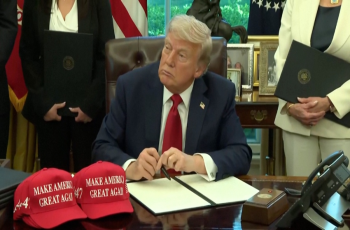
‘I’m scared for my entire generation’: Young Americans reflect on Trump's first 100 days
2025-04-26 -
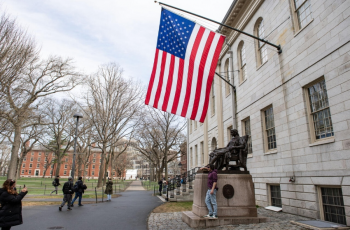
Foreign students give up American dream over Trump crackdown
2025-04-25 -
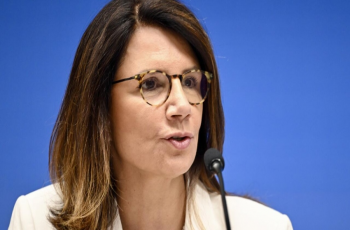
Don't make 'disappointing' retreat on climate, COP30 CEO urges EU
2025-04-25 -

Kashmir: India-Pakistan tensions rise after attacks on tourists
2025-04-25 -
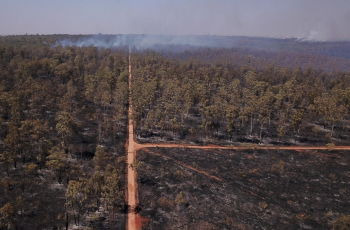
Countries could use forests to 'mask' needed emission cuts: report
2025-04-24 -
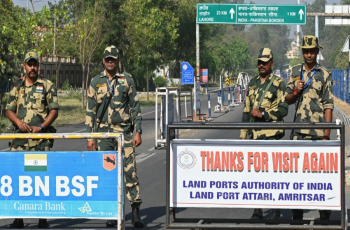
Kashmiri students say they have been threatened in India after attack
2025-04-24 -

Indonesia food plan risks 'world's largest' deforestation
2025-04-22 -

Trump tariffs torch chances of meeting with China's Xi
2025-04-22 -

In war-torn Sudan, a school offers a second chance at education
2025-03-02 -

Nepal community fights to save sacred forests from cable cars
2025-02-21
